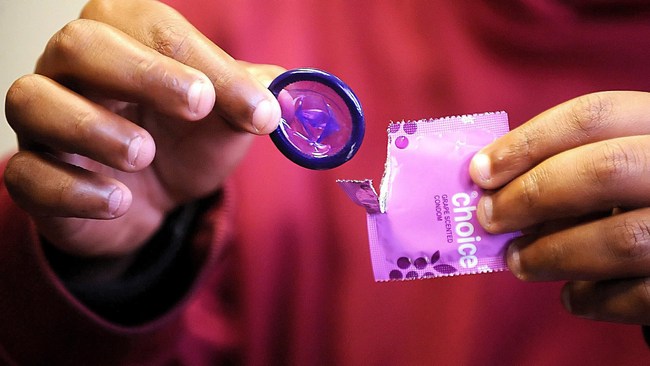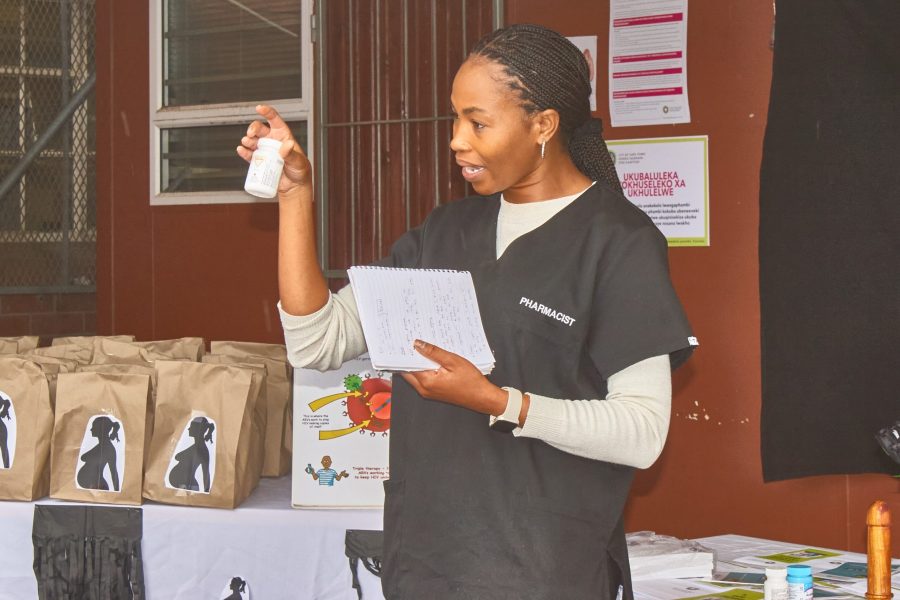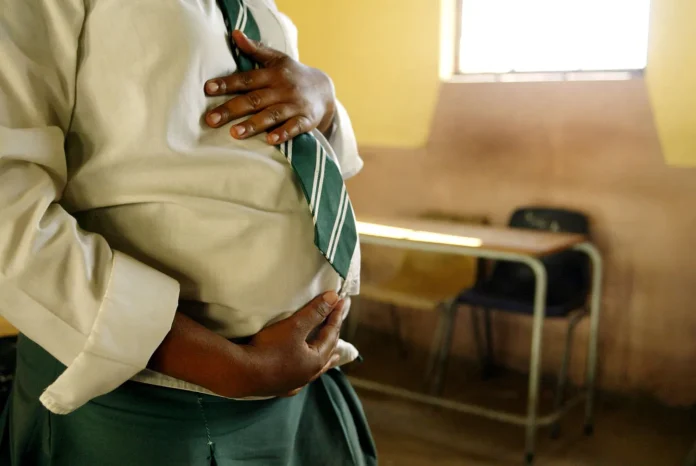The City of Cape Town’s Health Department has seen a substantial increase in teen pregnancies in the last year. According to the latest statistics, between July 2022 and June 2023, 632 teenage girls visited clinics across the metro for their first antenatal visit. This is 277 more teen pregnancies when compared to the previous year.
The City’s health districts have noted that the most common ages range from 12 and 17 years old.
This increase may go hand in hand with the decrease in contraceptive use that has been noted by clinics across the metro. According to the City, the number of female condoms distributed during the 2022/2023 financial year dropped to 451 271 compared to 671 488 the previous year. At the same time, male condom use dropped from 29 million to 19 million.

These statistics show a decrease of more than 30% in the use of condoms.
“Besides the detrimental impact on growth, productivity, communities and families, a teen pregnancy disrupts the young mother’s education and puts her future at risk. Our girls have a bright future, and I want to encourage them to do everything they can to make healthy and informed choices.” Mayoral Committee Member for Community Service and Health, Councillor Patricia van der Ross.
Last week, the country observed Condom and STI Awareness Week. This initiative is aimed to raise awareness about sexually transmitted infections (STIs) and promote safe sexual practices. This is especially important in light of the decrease in condom usage.
“It’s an essential reminder of the importance of practising safe sex through proper and consistent condom use. Not only do they prevent pregnancy, but condoms play a role in preventing the transmission of STIs and encourage open conversations around sexual health.”
Additionally, statistics show the number of people who started Pre-Exposure Prophylaxis (PrEP) more than doubled in the last year, from 3 266 to 6 796. PrEP and Post Exposure Prophylaxis (PEP) are HIV prevention strategies.

Since implementing PrEP at City Health facilities two years ago, more than 12,000 people have started treatment at facilities where this service is made available.
As PrEP is not a life-long treatment, clients can safely discontinue PrEP when their HIV risk is no longer high, or if it is their preference.
READ MORE: Teen Suicide Prevention Week


